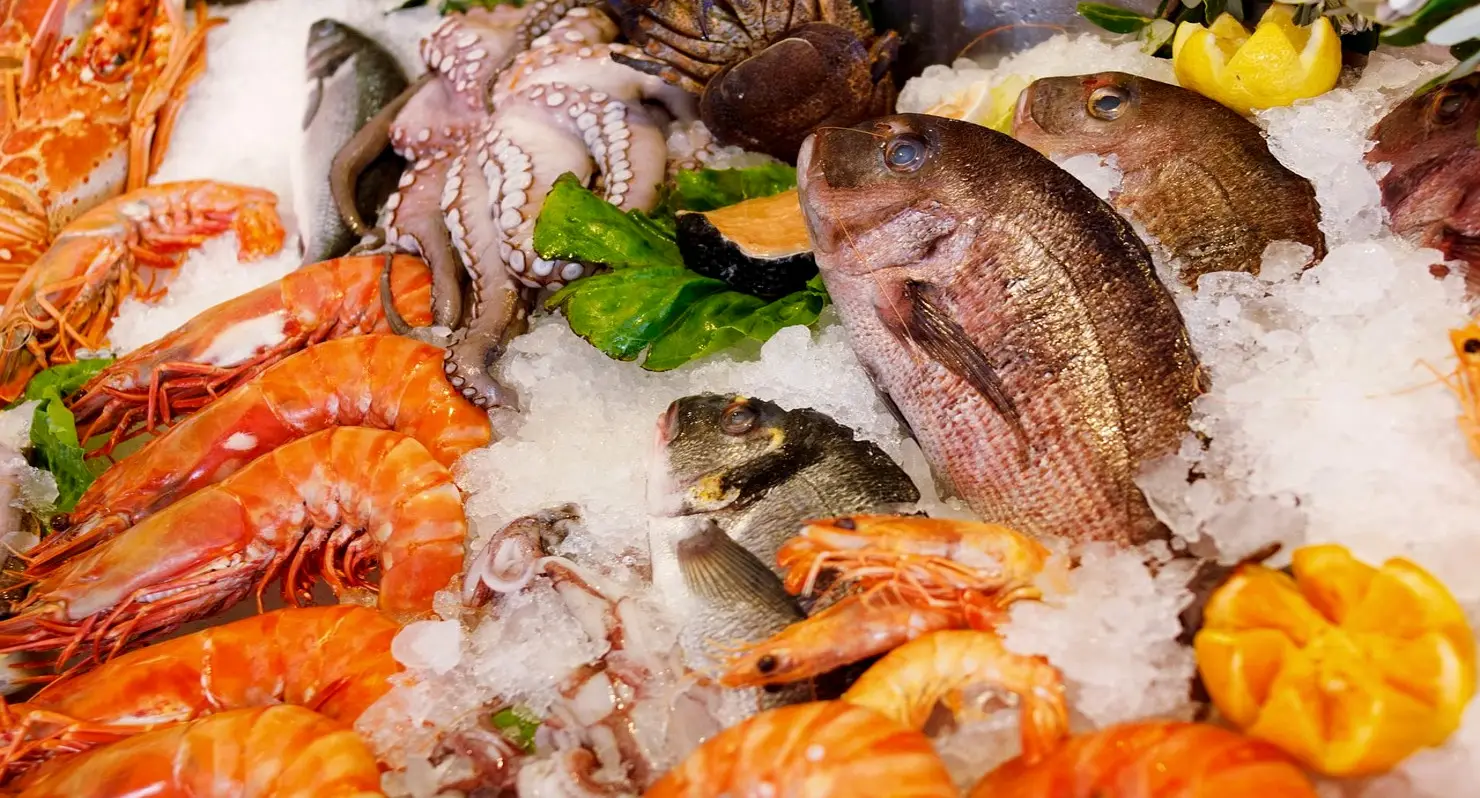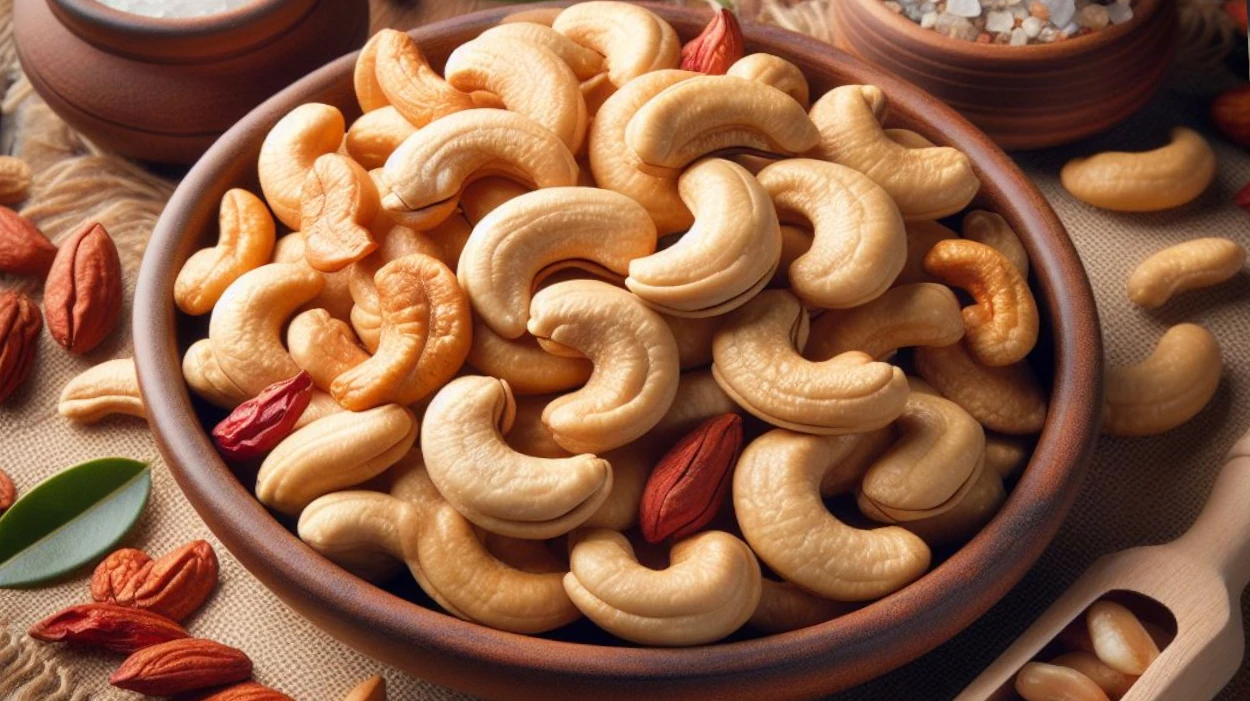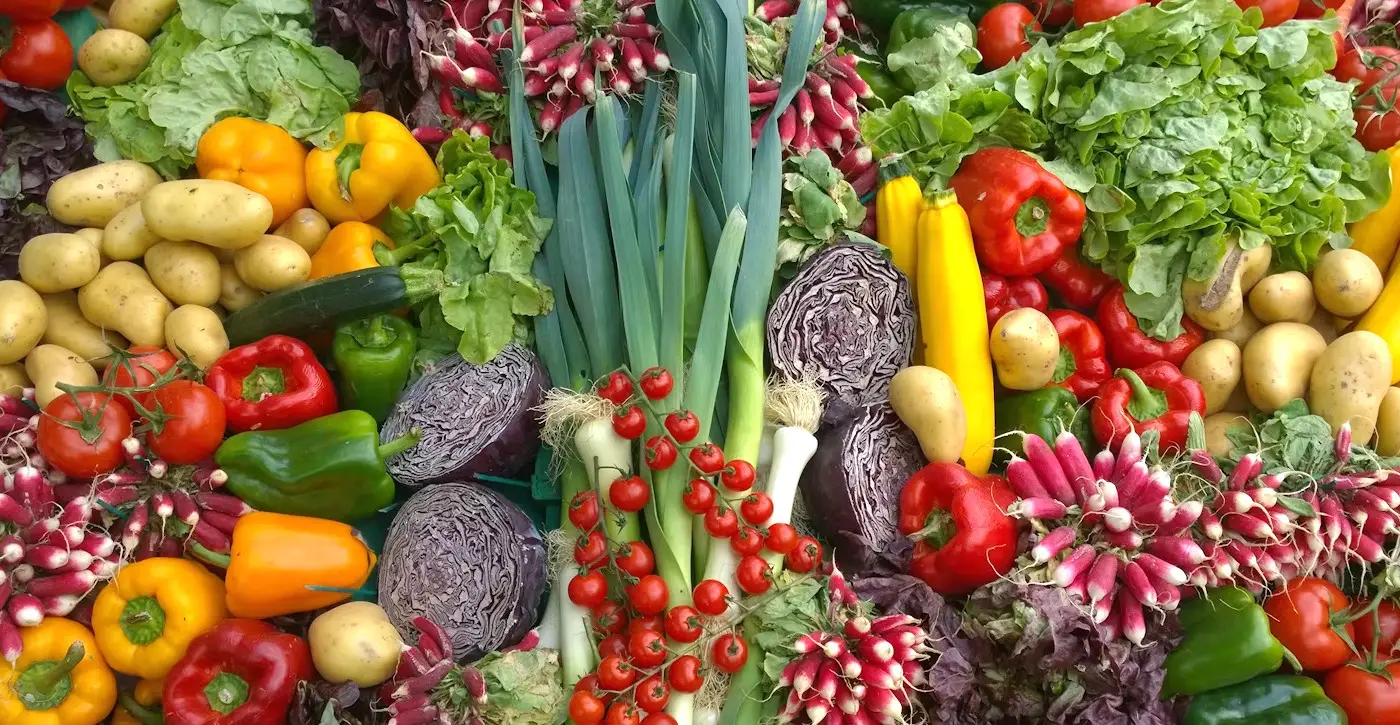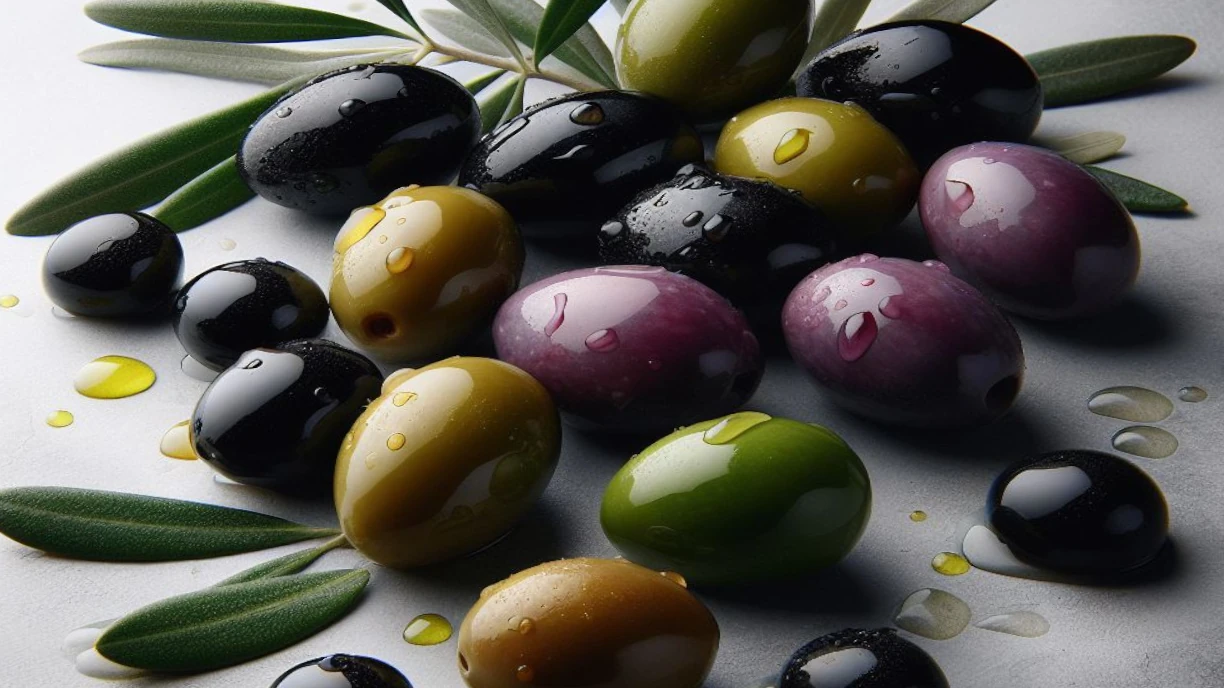Clams Lysine and Arginine Info Sheet
Overview
Clams are a type of bivalve mollusk that live in freshwater or saltwater habitats. They have a hard shell and a soft, chewy flesh. They are often eaten steamed, fried, or in soups or stews.Clams are a nutritious food that are rich in protein, iron, selenium, and vitamin B12.
They can help improve blood health, thyroid function, and nerve function.
However, they also contain cholesterol and may carry bacteria or toxins, which may cause food poisoning or allergic reactions.
| Name | Lysine (mg/100g) | Arginine (mg/100g) | Ratio |
|---|---|---|---|
| Clams | 955.56mg | 933.33mg | 1.024 |
Clams contains 955.56mg of Lysine and 933.33mg of Arginine per 100g of product.
This means Clams has a neutral Lysine-Arginine ratio of 1.024.
Because Clams has a neutral ratio of lysine and arginine, it does not have a significant impact on people who suffer from herpes, as it does not affect the viral activity.
Lysine Considerations
Lysine is an essential amino acid that helps build muscle, produce hormones, and support the immune system.
Clams provide about 138% of the recommended daily intake of lysine for an adult.
Lysine has the potential to prevent or treat cold sores, which are blisters caused by the HSV-1 virus, also known as herpes.
Lysine operates by slowing down the proliferation of HSV-1, which relies on another amino acid, arginine, to reproduce and infect cells.
Lysine can only be acquired through our diet, and is present in a variety of high-protein foods such as eggs, dairy, fish, meat and poultry.
Arginine Considerations
Arginine is a semi-essential amino acid that helps produce nitric oxide, a molecule that relaxes blood vessels and improves blood flow.
Clams provide about 134% of the recommended daily intake of arginine for an adult.
Arginine has a variety of benefits for our health and performance, such as lowering blood pressure, enhancing wound healing, and increasing exercise endurance.
Arginine can also affect the herpes virus, which causes cold sores and genital herpes.
Studies suggest that arginine may help the virus grow and cause outbreaks, so people with herpes may want to avoid foods that are high in arginine or take lysine supplements to block its effects.
Lysine-Arginine Ratio
The lysine-arginine ratio is a measure of the balance between these two amino acids in a food.
A higher ratio means more lysine than arginine, which may be beneficial for preventing or treating viral infections, such as herpes simplex.
Clams have a lysine-arginine ratio of 1.024, which is slightly higher than the average ratio of 1.0 for most foods.
Both lysine and arginine are important for protein synthesis and other bodily functions.
The two compounds can affect the herpes simplex virus, which is responsible for cold sores and genital herpes, in opposite ways.
Lysine can the body or stop the virus from reproducing, while arginine can help it propagate.
Eating foods with a high lysine-arginine ratio could help lower the appearance and severity of herpes flare-ups.
Some foods that have a high lysine-arginine ratio are milk, cheese and yogurt, fish, poultry, fruits, and vegetables.
These foods can give the body enough lysine to prevent the virus from taking up arginine, and thus stop its growth and spread.
Dietary Considerations
Like most animal products, seafood is a good source of lysine and low in arginine.
Eating seafood can help improve the immune system and fight off herpes infections.
Seafood also contains iodine, selenium, and zinc, which are essential for thyroid function and skin health.
Oysters, shrimp, and snails are some of the seafood that have the highest lysine to arginine ratio.

For instance:
Consider taking l-lysine supplements, which can help prevent herpes outbreaks and stop a cold sore before it emerges by limiting the availability of arginine for the virus, which it requires to produce a cold sore.
Taking other food supplements that can improve your immunity and protect your cells from oxidative stress, such as vitamin C, zinc, selenium, and antioxidants.
To prevent outbreaks, avoid foods that can cause allergic reactions or sensitivities, such as gluten, dairy, nuts, eggs, or shellfish.
These foods can harm your immune system and make inflammation worse.
Check more food information






